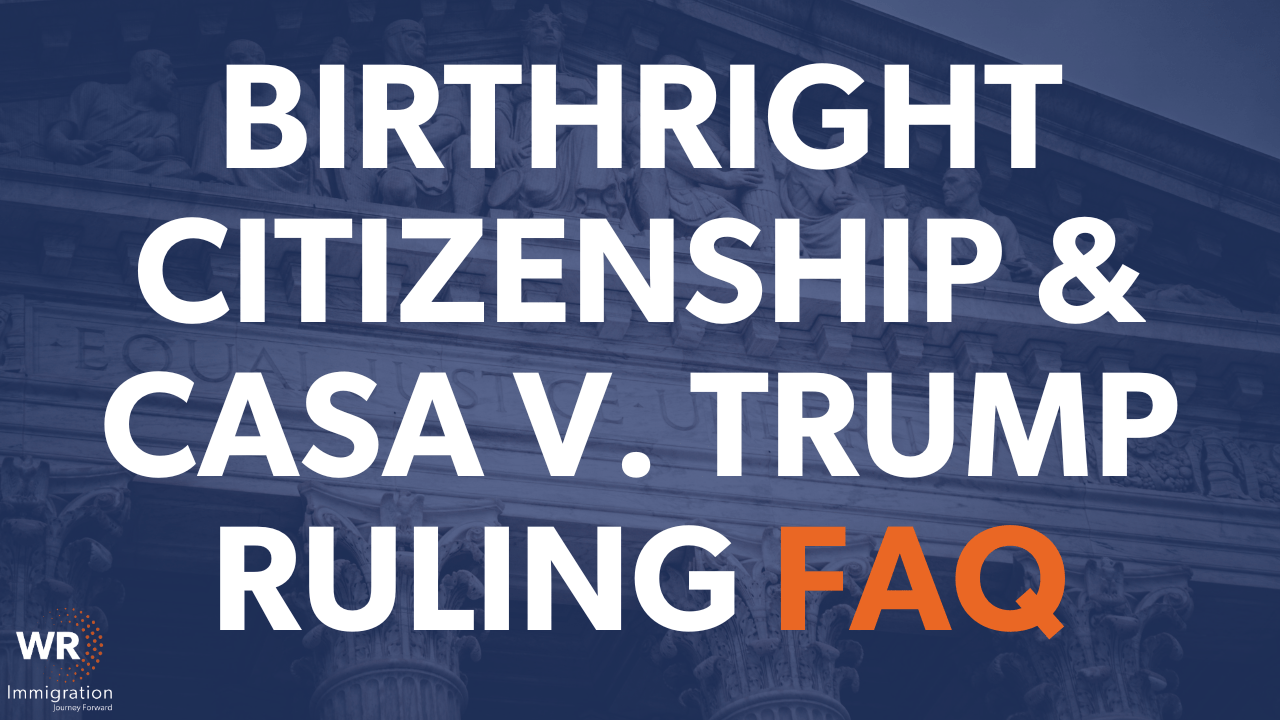Q: What did the Supreme Court decide in CASA v. Trump on June 27?
A: On June 27, the Supreme Court ruled that federal district courts generally do not have the authority to issue nationwide injunctions, orders that halt federal policies across the country. Instead, courts can only grant relief to the individuals or groups directly involved in the lawsuit.
Q: What is a nationwide injunction, and why is it important?
A: A nationwide injunction temporarily stops the federal government from enforcing a policy nationwide while a legal challenge is underway. In CASA v. Trump, district courts used these injunctions to block a Trump-era executive order that would have denied birthright citizenship to children born in the U.S. to undocumented parents or certain noncitizens.
With this decision, federal courts can no longer universally block federal actions. Relief must now be granted on a case-by-case basis.
Q: Did this ruling eliminate birthright citizenship?
A: No. The ruling did not change the constitutional guarantee of birthright citizenship. Under the 14th Amendment, anyone born in the U.S. is still recognized as a U.S. citizen. However, the decision could lead to uneven enforcement of this right in different parts of the country.
Q: How might this affect families with U.S.-born children?
A: The ruling could lead to different outcomes depending on where a child is born. For example, a child born to undocumented parents in one state might be granted a U.S. birth certificate, while a child in another state might not—based on how courts in each jurisdiction rule on the Executive Order issued in January 2025.
Q: What happens next?
A: The Executive Order cannot take effect until 30 days after the Supreme Court’s June 27th decision.
Q: Why is this ruling significant?
A: The decision limits the ability of courts to halt potentially unconstitutional federal actions on a national level. It also sets the stage for inconsistent application of important rights, like citizenship, across different regions of the country.
Q: Should families be concerned?
A: Families with U.S.-born children, particularly those involving undocumented or noncitizen parents, should consult with an immigration attorney to understand how this decision may impact them. The legal environment remains uncertain and could continue to evolve in the months ahead.


